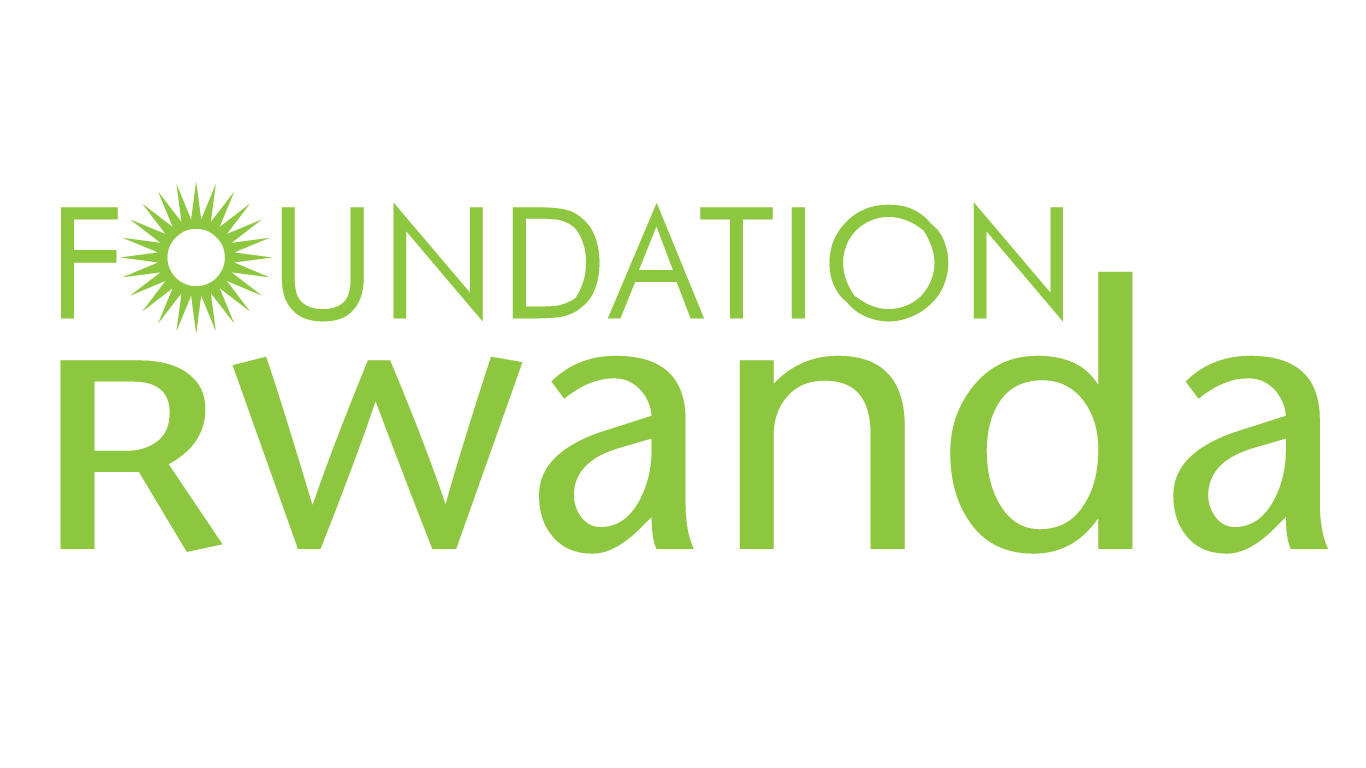Robert and His Mother, Valerie
Kayonza, Rwanda
My mother disclosed to me that I was born as a result of genocide rape, after my aunties the sisters of my mothers would call me Hutu and used bad words towards me, and said I was bad. My mother called me to the house and we sat down and then she started telling me how I was born as a child of the killer and the man who raped her was a Hutu, and that she had no role in having me with this man but it was forced and that this man was not good, he killed many people but my mother loved me as who I am as her child. She encouraged me not to be worried about what the sisters tell me, but to think about how much she cares about me. I broke down after she told me this and I cried and was traumatized. After she disclosed to me, I hated that man that was my father, and even in school whenever other kids were asking me about my father I felt very bad, I didn't tell them who he was but to think that he was a killer, I really felt very bad. I don't think I would ever forgive him.
The fact that my mother disclosed to me that I was born from genocide rape made me increase my love for her, because now I knew why I was getting the bad words from her sisters. And I know what she went through, that was not her fault. Many mothers avoid saying the truth because it is very difficult. But the fact that my mother had the courage to do it, it made me happy, and I am very thankful that she did disclose to me and tell me exactly what happened, because if I would hear this from outside, maybe other people would have said your mother was careless with her life, she slept with men and that is how you were born, but now I know the truth and therefore I respect her more now.
One of the effects of knowing I was born from genocide rape are psychological, because when I think that my mother did not plan to give birth to me, it was like I was unwanted and growing up with those feelings that I am existing but I was not planned and I am unwanted. A husband and wife stay together and plan to have a baby when they are married and living together, which is the not the case with me, and I was brought into this world by unwanted circumstances, it affects me to think about it. Another effect of being born of rape is that I have no family, I only have my mother. I don't have my father’s family to take care of me, and every time I see other young people with their father and mother I feel bad because I don't have a father. But to make it worse, to think that this person who is considered my father is a killer, it makes me feel bad, and the fact that my mother had me out of wedlock, makes me feel bad, and she is looked at as she had an affair outside marriage, so when I think about these things it makes me feel bad. Every time I see other kids with their father, I feel I am not in a family.
I was very emotional when I saw the photography of me and my mother from 2006, the tears I had were not of sadness, they were tears of joy, because I could see where I came from and who I am today, and that made me cry because I couldn’t think that I have come so far. And that photo has now taught me a lesson to respect very poor kids because you never know what they are going to be in the future. I looked at myself and I was very young and the condition I was in, I couldn't bear it when I saw the picture, I was not sad, I was happy.
Knowing about what happened during the genocide and what my mother went through makes me strive to have peace with people and peace for my country, and strive to see that such horrible things don't happen in this country again. And finally when I grow up and get married I want to love and treat my wife and my children in a respectful way. I grew up without a father’s love, my mother had no husband’s love. So I want to give love to my wife, as much as I gave it to my mother. So whatever I missed as a child growing up without a father I will give to my children, and whatever love my mother missed from a husband I will give to my wife.
- Robert, son of Valerie, 2018


